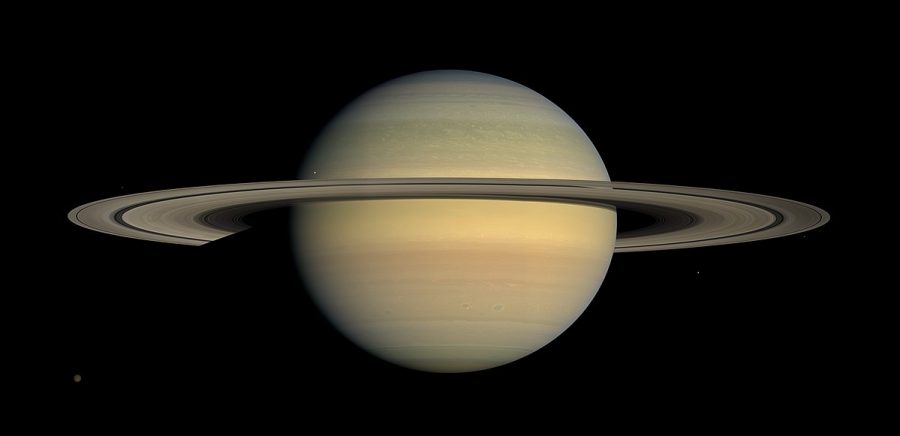By Shen Gao
Staff Writer
Global warming is undoubtedly one of the hottest topics currently up for discussion. Many organizations, such as the National Research Council, as well as other public or independent sources, have raised statements affirming the existence of climate change. But what does this really mean?
Over the last hundred years, the average temperature globally has increased about 1.4°F.
Boston, for example, experienced the hottest day of the year on Sept. 8 – a record temperature of 96°F for the date. Hartford, Conn., also hit the same temperature for the date. Providence, in addition, hit 97°F. All are records for the day in question, though not the hottest September reading ever recorded in the three cities, which all separately dated back to the 50s and 80s, ranging from 101 to 102°F.
This September heat wave has caused many public schools across Massachusetts and other states to be shut down, as many schools do not have air conditioning inside their buildings. It is reported that only roughly approximately 30 out of Boston’s 128 public schools have access to air conditioning.
A federal agency is planning to announce the news (as of the publication of this Voice issue) that the summer of 2015 is very probably the hottest summer ever recorded on Earth, according to worldwide data collected. In addition, climate scientists have found that out of the 11 U.S. summers that were hotter than that of 2015, seven were found within the last 15 years; the other four happened during the “Dustbowl”: 1930s heat- waves that scourged the U.S. in the same time as the Great Depression.
Globally, climate change not only means rising temperatures, but also changes in weather and climate. More frequent and severe heatwaves are combined with more intense rainfall and precipitation. Sea levels are on the rise – over 2.5 inches gained since 1993. About 70-80 percent of the world’s oceans are becoming warmer, oftentimes reaching record temperatures. Glaciers are melting, and huge amounts of snow befall many Eastern cities during the winter.
Global warming and greater amounts of snowfall go hand-in-hand. They are not contradictory. Dr. Kevin Trenberth from the National Center of Atmospheric Research offers that “the atmosphere can hold 4 percent more moisture per one degree Fahrenheit increase in temperature.” This would mean that warmer temperature means more water vapor contained in the atmosphere, which means more rain or more snow, oftentimes greater in intensity as well.
To take a deeper look at this, global warming is affecting the balance between snow and rain. According to Dr. Trenberth, whether it snows or rains and the amount depends on the temperature. There’s a range of temperatures for which snow or rain happens. When it’s barely below freezing temperature, at around 28°F to 32°F, the heaviest snowfall occurs. When it’s above this point, the snow will usually turn to rain.
This is due to the nature of the atmosphere and its way of trapping water vapor. Chunks of air containing water vapor are often lifted by winds and storms, where colder air gets under warmer air, and the air expands and cools down. When there is more water vapor gathered in the atmosphere, the storm and winds that carry them out will precipitate at a greater rate or intensity than normal, causing bigger snowstorms or rainfalls.
Climate change is shown to be caused in large part by human activities that produce a great amount of greenhouse gases that trap carbon dioxide in the atmosphere. The Farmer’s Almanac claims that the winter of 2015-2016 will be a repeat of last winter; for New Englanders, this may mean again frigid temperatures and heavy snowfalls.
Is it too late to reverse the effects of climate change? The answer is a firm no. But only with appropriate actions by individuals, organizations, businesses, and the government, can we produce a significant change on the amount of pollution humans emit for the planet to suffer. After all, we have only one earth.

























